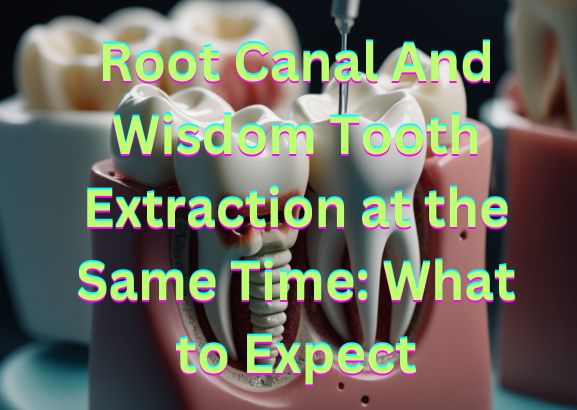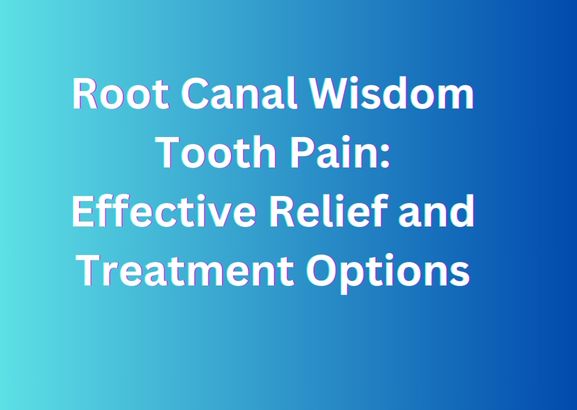Unlock the Secrets: Wisdom Teeth Advantages And Disadvantages Unveiled
Last Updated on 4 months by DR. ALBIN SIPES
Wisdom teeth can cause pain, discomfort, and oral health issues. However, their removal can prevent these problems.
Wisdom teeth provide both advantages and disadvantages, making their removal a necessary consideration.
The Importance Of Wisdom Teeth
Wisdom teeth can serve a beneficial purpose, contributing to dental health. These teeth typically emerge in the late teenage years or early twenties. Understanding their role is key to assessing their advantages and disadvantages. Wisdom teeth can assist with chewing and providing a full set of teeth, enhancing overall oral function.
However, they often cause problems. Due to limited space in the mouth, wisdom teeth may grow at an angle or become impacted, leading to pain and potential infection. Dentists commonly recommend their extraction to prevent future complications. It is crucial to consult with a dental professional to determine the best course of action for your specific situation.
Take proactive steps to maintain good dental health and address any issues related to wisdom teeth promptly.
The Advantages Of Keeping Wisdom Teeth
Keeping wisdom teeth can have several advantages, such as supporting proper jaw alignment and ensuring sufficient teeth functionality. By preserving the facial structure, wisdom teeth can contribute to a well-balanced and attractive appearance. Proper alignment of the jaw helps in efficient chewing and prevents dental issues that may arise due to the misalignment of teeth.
Wisdom teeth also provide additional chewing power, allowing individuals to enjoy their favorite foods without discomfort. Furthermore, these teeth can help distribute the force of the bite evenly, reducing the strain on other teeth. Despite these benefits, it’s important to note that wisdom teeth can also pose disadvantages, including the risk of overcrowding, impaction, and infection.
Regular dental check-ups are crucial to monitor the status and potential problems associated with wisdom teeth.
The Disadvantages Of Keeping Wisdom Teeth
Keeping wisdom teeth can lead to potential problems such as impaction and infection. The risk of dental crowding also increases. Furthermore, challenges and costs are associated with wisdom teeth removal. These disadvantages highlight the importance of considering the potential drawbacks of keeping wisdom teeth.
The Procedure Of Wisdom Teeth Removal
Wisdom teeth removal is a common procedure to avoid potential complications in the future. Typically, dentists extract wisdom teeth when they cause pain or overcrowding. The extraction process involves different techniques and anesthesia options. After the procedure, a smooth recovery is essential for healing.
Following proper care instructions helps facilitate the healing process and minimize discomfort.
Should You Keep Or Remove Your Wisdom Teeth?
When deciding on whether to keep or remove your wisdom teeth, it is important to consult with a dental professional. They can provide personalized advice based on your specific situation. One of the factors to consider is the potential long-term consequences of not removing your wisdom teeth.
Leaving them in can lead to various issues such as overcrowding, misalignment, and infection. Additionally, impacted wisdom teeth can cause pain and discomfort. Extraction may be recommended to prevent these problems and maintain good oral health. By discussing your concerns and considering the advice of a dental professional, you can make an informed decision about whether to keep or remove your wisdom teeth.
Unlock The Secrets: Wisdom Teeth Advantages And Disadvantages Unveiled
Unlock the secrets behind wisdom teeth advantages and disadvantages with this enlightening blog post. Uncovering the facts surrounding wisdom teeth, we’ll explore the pros and cons of keeping them. Making an informed decision requires weighing the benefits and risks associated with these extra molars.
Understandably, there are advantages to keeping wisdom teeth intact, such as providing additional chewing surface and preserving jaw structure. However, there are also disadvantages, including potential infections, overcrowding, and difficulty cleaning these hard-to-reach teeth. In our quest for knowledge, let’s delve into the intricacies of wisdom teeth to gain a comprehensive understanding.
By weighing the benefits against the risks, you can make an educated decision about whether to keep or remove your wisdom teeth. Ultimately, this knowledge empowers you to prioritize your oral health and overall well-being.
Frequently Asked Questions Of Wisdom Teeth Advantages And Disadvantages
Are There Any Advantages Of Keeping Wisdom Teeth?
Keeping wisdom teeth can have advantages if they are properly aligned, fully erupted, and don’t cause any discomfort. Wisdom teeth can help with chewing and filling gaps in the back of the mouth. They can also act as a replacement for missing teeth.
What Are The Disadvantages Of Keeping Wisdom Teeth?
There are several potential disadvantages of keeping wisdom teeth. They can be difficult to clean, leading to an increased risk of tooth decay and gum disease. Wisdom teeth can also become impacted, causing pain and damage to surrounding teeth. In some cases, they may need to be removed to prevent future dental issues.
When Should I Consider Removing My Wisdom Teeth?
The decision to remove wisdom teeth depends on various factors, including their alignment, eruption, and any symptoms or potential risks they pose. Your dentist may recommend removal if the wisdom teeth are impacted, causing pain, damaging neighboring teeth, likely to cause future problems, or interfering with orthodontic treatment.
How Is Wisdom Tooth Extraction Performed?
Wisdom tooth extraction is typically performed by a dentist or oral surgeon. The procedure is done under local anesthesia to numb the area, or general anesthesia may be used for more complex cases. The dentist or surgeon will make an incision to access the tooth and remove it, sometimes requiring the tooth to be divided into smaller pieces for easier extraction.
What Is The Recovery Process After Wisdom Tooth Extraction?
After wisdom tooth extraction, it’s common to experience swelling, discomfort, and some bleeding. The recovery process usually takes a few days to a week. Follow your dentist’s instructions for pain management, eating soft foods, and keeping the extraction site clean.
It’s important to rest, avoid strenuous activities, and maintain good oral hygiene to promote healing.
Conclusion
The advantages and disadvantages of wisdom teeth have been explored. While they can serve a purpose in chewing and supporting facial structure, they often become problematic due to their position and tendency to become impacted. This can lead to pain, infections, and even damage to surrounding teeth.
The decision to remove wisdom teeth should be based on individual circumstances and consultation with a dental professional. It is important to remember that extraction can prevent future complications and promote oral health. If you are experiencing symptoms such as pain, swelling, or difficulty in opening your mouth, seeking prompt dental care is recommended.
Ultimately, understanding the advantages and disadvantages of wisdom teeth allows individuals to make informed decisions regarding their oral health and well-being.



